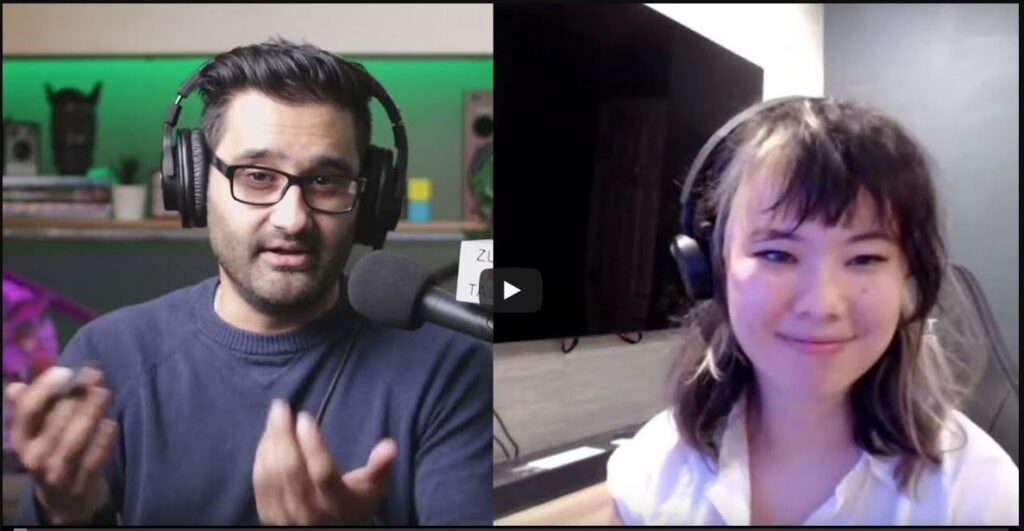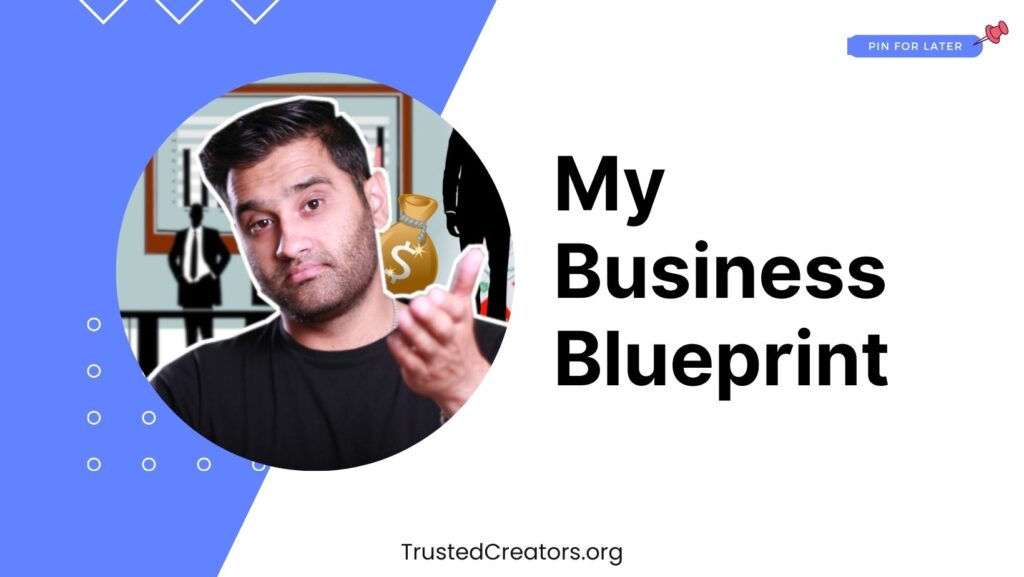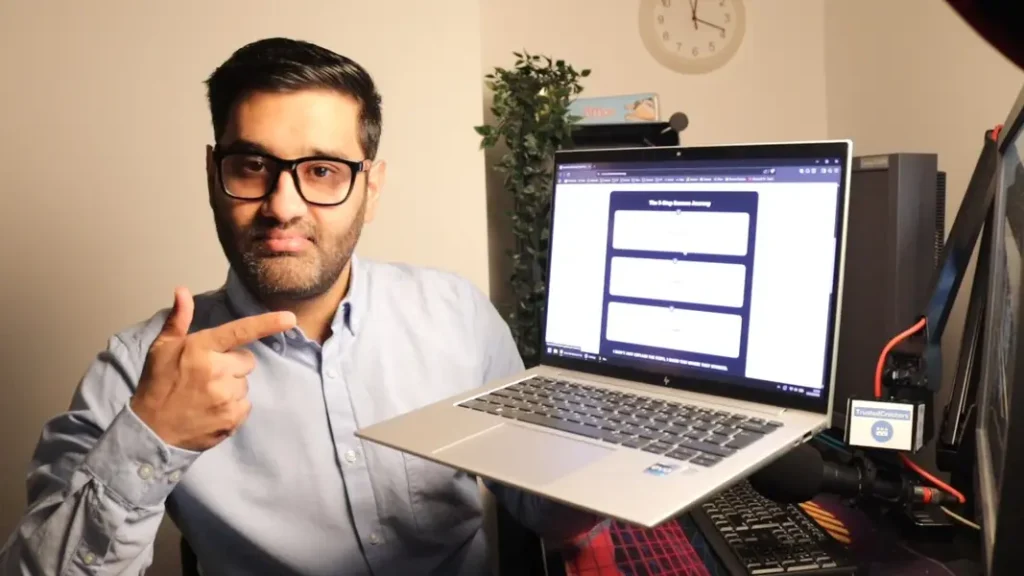Frequently Asked Questions – Hobby to Starting A Business
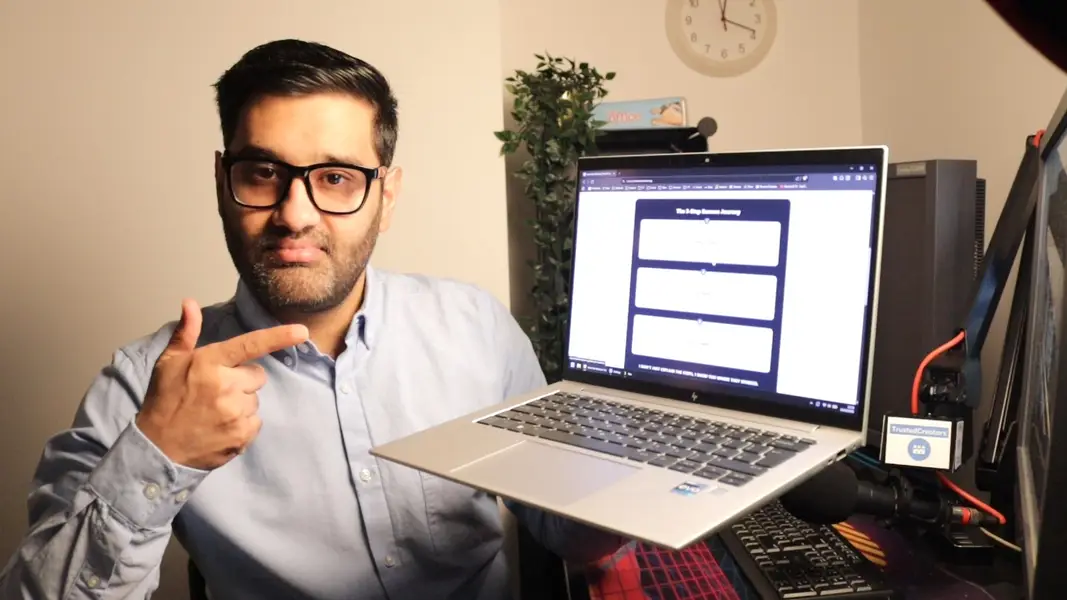
Embarking on the journey from hobbyist to business owner? Discover the answers to a bunch of questions I also had. Whether you’re contemplating the shift, facing challenges, or seeking insights, our FAQs provide the compass to navigate this transformative process. Let’s unravel the mysteries together and empower your transition from passion pursuit to entrepreneurial success.
FAQs about Hobby to Business Transition:
You aren’t obligated to pay taxes on hobbies. If you’re pursuing something you love without making a profit, there’s no need to inform HMRC. However, once your hobby starts generating income, HMRC might categorise it as a business. If you earn money or plan to sell a service you should register.
The decision to transition from hobby to business is subjective. Many find it’s time to make the switch when the income from the hobby competes with or surpasses earnings from a day job. If you plan to make money having a business can be beneficial as you can declare expenses vs profits.
HMRC has introduced a tax-free trading allowance for individuals venturing into small hobby-based businesses. This allowance permits you to earn up to £1,000 in a tax year without the obligation to report it to HMRC or pay taxes on the income.
You should set up as a sole trader if you earned over £1,000 from self-employment for a Tax year or if from the start you plan to sell something for a profit. A tax year runs between April 6 and April 5
The tax year spans from April 6th to April 5th each year.
If your self-employed income is £1,000 or less (before expenses), you’re automatically exempt from informing HMRC or filing a tax return. This exemption applies to individuals only, not partnerships.
You only need to report hobby earnings if they surpass your Trading Allowance, a £1,000 turnover limit allowing UK taxpayers to earn tax-free income in a single tax year from hobbies or side projects.
Turning a hobby into a business can stifle creativity for some, as it may entail creating products to meet specific requirements. The added stress of business ownership, potential human resources issues, and strict deadlines can transform a once-enjoyable hobby into just another job.
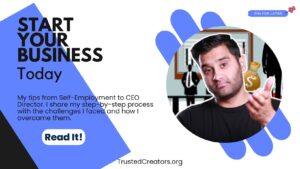
FAQs about Undisclosed Income and eBay or online Selling:
HMRC has several methods to uncover undisclosed income. They employ advanced software called Connect, which analyses extensive data to identify any irregularities suggestive of tax evasion. Following such discoveries, HMRC may initiate an investigation. In recent news Ebay, Etsy, and other online retailers will now report earnings directly to HMRC.
An eBay or any seller should register as a business if, for instance, they sell items bought for resale, create items for selling purposes, or purchase items for their business.
While there isn’t a specific “eBay tax” recognised by HMRC, the tax implications of eBay sales are very real. Increased sales may prompt HMRC to view your activities as profit-oriented, necessitating proper declaration. Treat any income or profit with the same rules as wage or profits and declare to ensure you pay the right taxes.
Digital platforms like eBay and Vinted, AirBNB, and UBER are now obligated to collect and share transaction details with UK tax authorities.
HMRC actively monitors online platforms such as eBay for signs of trading. They keep an eye on accounts consistently listing items for sale, indicating an ongoing business. They can request you to provide details if they suspect you have not followed the right procedure.
Anyone earning beyond the £1,000 trading allowance in a tax year must declare their earnings to HMRC. This includes sales of items bought for resale, items made for sale, or items sold on behalf of others through platforms like eBay, Etsy, Vinted, and other online selling platforms.
Engaging in eBay or any selling constitutes a form of self-employment for private sellers, even if you have a full or part-time job. If you plan to sell a service or product for profit you should consider Self-employment.
In the UK, generally no, unless you’re selling items requiring a license for in-person sales. This primarily pertains to areas such as financial or medical advice, not physical products.
Yes, it is legal. However, certain laws and regulations must be followed to ensure the legitimacy of your online store.
You’re considered a sole trader from the moment you commence trading individually. However, official registration is necessary to formalise your status and access benefits like contributing to your Class 2 National Insurance payments.
How to Make Money Online FAQ’s
One of the simplest ways to make money online is through offering your services online. Start freelancing this means you can jump around and do a few things to find what you like. Platforms like Upwork, Fiverr, and Freelancer allow you to offer your skills and services to a global audience, ranging from writing and graphic design to programming and marketing.
However, I would look at good YouTube channels and get in touch with them to ask if you can help with creating Thumbnails artwork or turn the video into a blog article. whatever you are good at.
The best way to earn money online is to use your skills, interests, and hobbies Let me explain I like photography so I offered local businesses my services. That was 10 years ago now I have a company that basically does the same at a bigger scale. It’s essential to choose a method that aligns with your strengths and interests to increase your chances of success. What comes to mind that could earn you money, something you are good at and could charge for?
The easiest way to make money online is to find someone who needs what you have. What I mean by this is offering services such as writing, graphic design, or creative ideas. I have worked with people who contact me via my YouTube and say they can make for example better artwork for me. They will send me a sample and if I like it I ask what the costs are. That’s as simple as it can be in some cases.
The easiest way would be to buy something you understand and see is priced lower. Sell it for a higher price adding the value of your knowledge making the product or service better to the end customer who will pay you more than you bought the item for.

